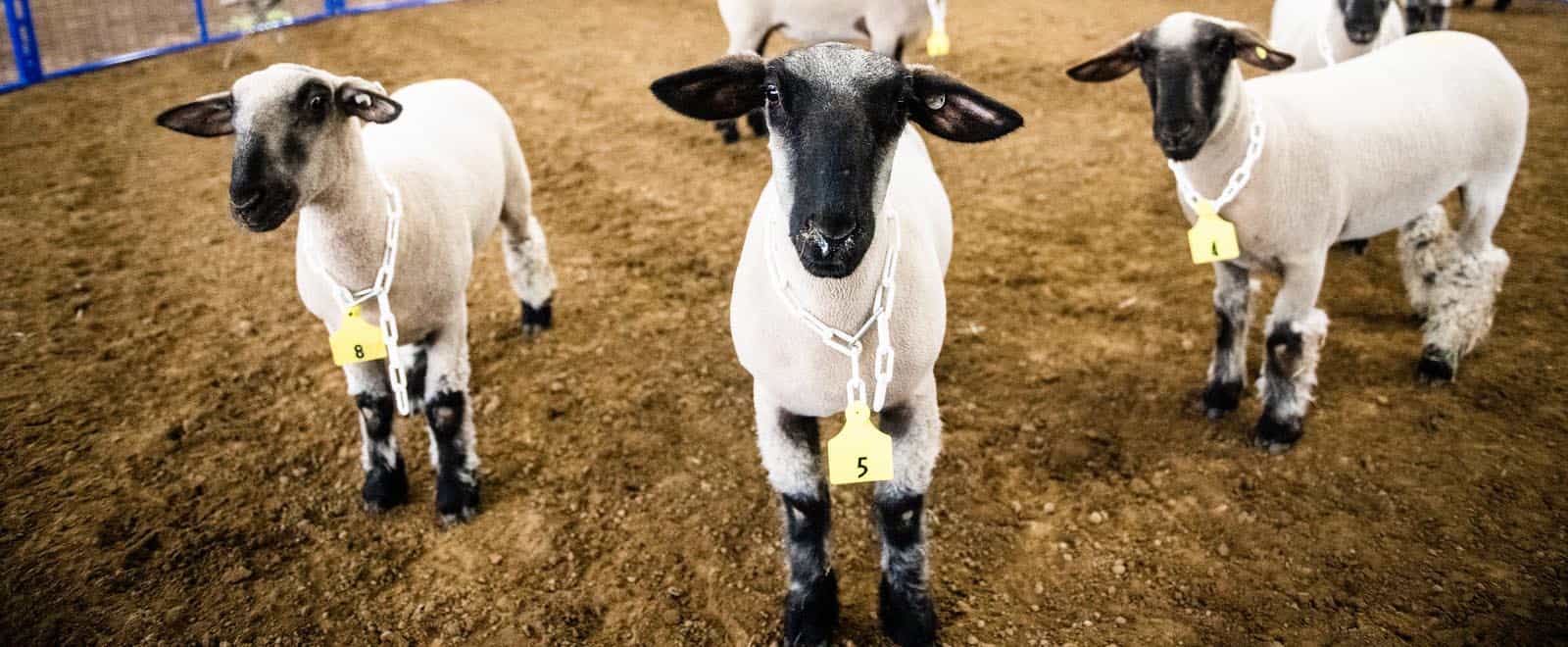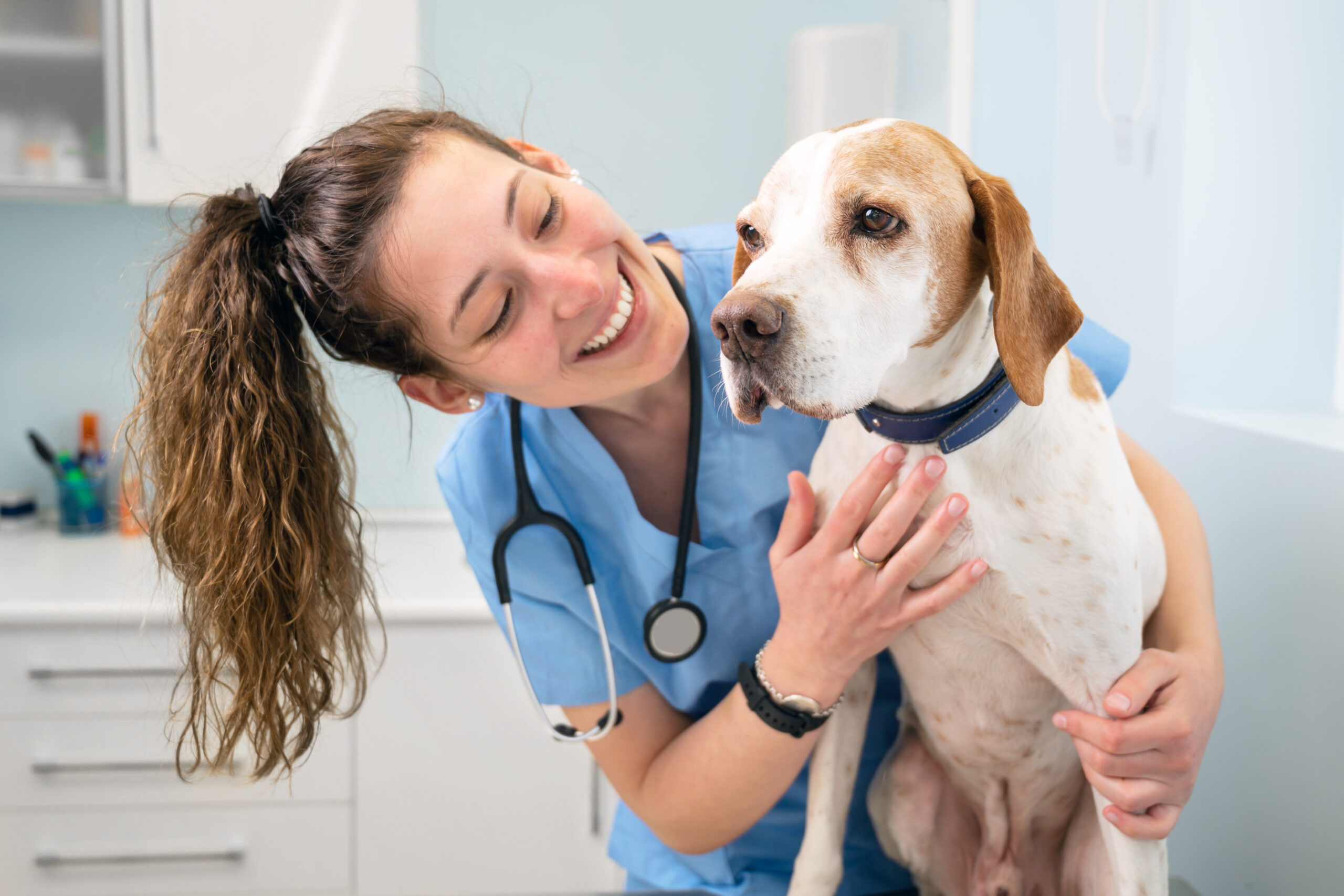
- On this page:
-
 Courses
Courses
-
 Interest
Interest
-
 Organizations
Organizations
-
 Learn More
Learn More
-
 Contact
Contact
Veterinary Biomedical Technology (BS)
Turn your love for animals into a career ensuring their health and well-being.
Care for Animals, Gain Confidence
The Veterinary Biomedical Technology program is a comprehensive educational program designed to prepare students for the Veterinary Technician National Exam and their future careers as licensed veterinary technicians. The curriculum is extensive, covering in-depth knowledge on both large and small animal anatomy, parasitology, pharmacology and more. Many courses, such as diagnostic imaging, surgical nursing and anesthesia, have hands-on approach to learning, and students will have many opportunities to hone their skills working with animals in veterinary medicine.
Featured Courses
Is this Program a Good Fit for You?
Veterinary biomedical technology students are typically interested in:
- Small animal practice
- Humane care of animals
- Large animal practice
- Clinical and lab animal health
- Veterinary office management
See Yourself Succeed with a Degree In Veterinary Biomedical Technology
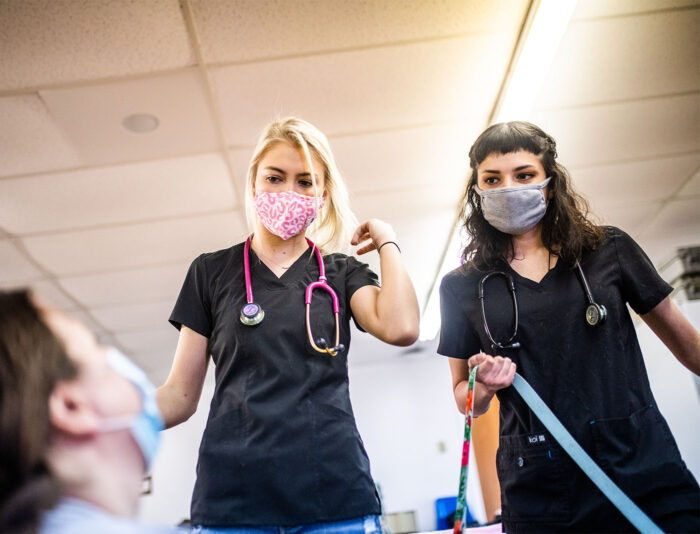
Join our Family
Our cohorts are small and allow you opportunities to get to know your fellow students. You will learn from each other, as well as together, on an array of veterinary and animal science topics.
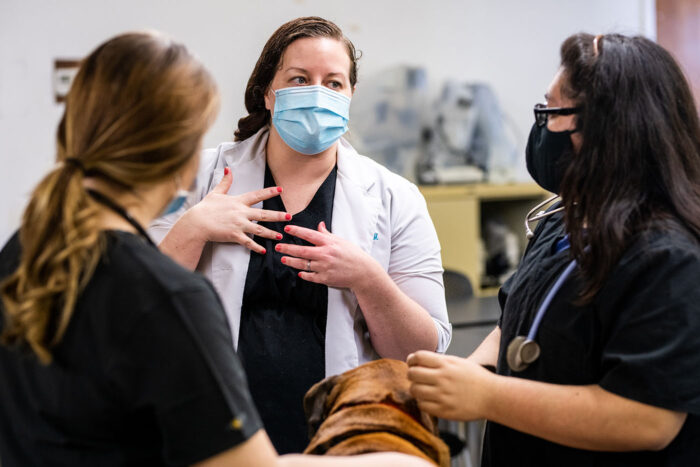
Outstanding Faculty
You will have access to dedicated faculty who guide you along your path to becoming a veterinary technician.
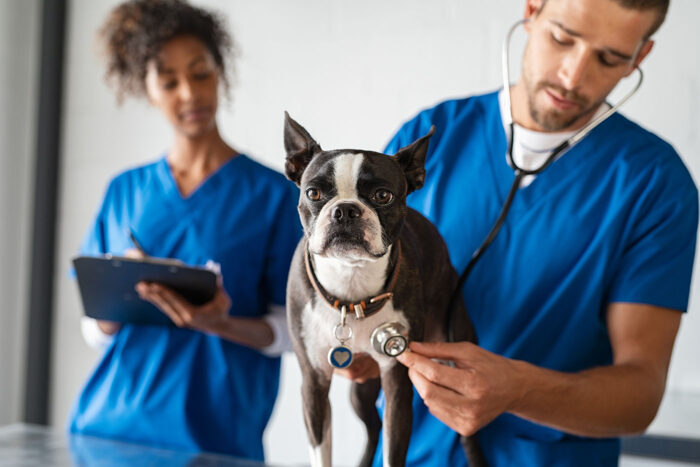
Hands-on Learning
Prepare to assist veterinarians through externships while gaining confidence and hands-on experience in various animal facilities.
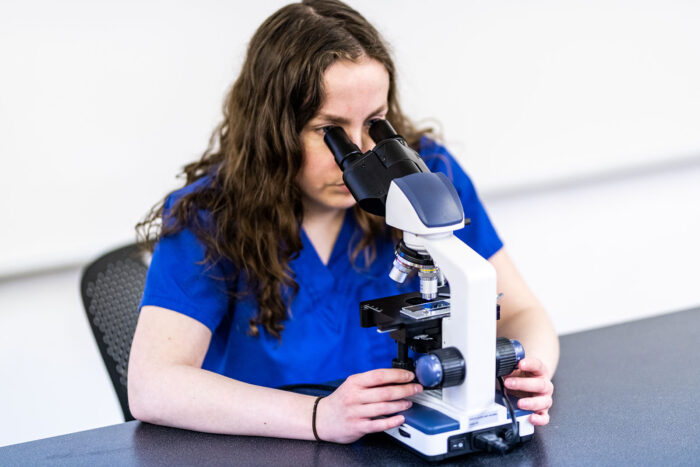
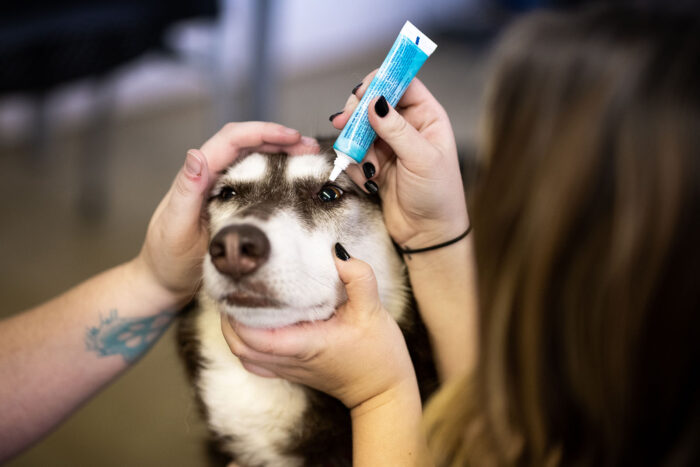
Career Readiness
You will have opportunities to earn related certifications throughout your degree program, including Fear Free Level 1 Training and RECOVER Certification in both Basic Life Support and Advanced Life Support.
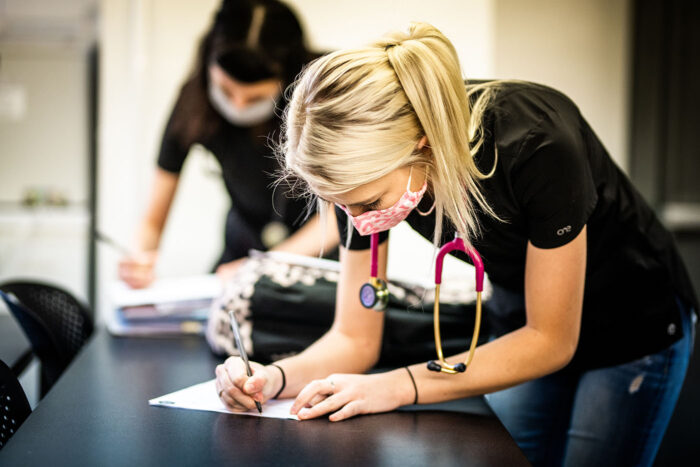
PRACTICAL APPLICATIONS
A degree in veterinary biomedical technology will offer you the opportunity to:
- Acquire the diagnostic testing and treatment option skills needed to assist a veterinarian in assessing the health of your patients
- Gain knowledge in disease processes and how to apply this knowledge to better serve your patients' needs
- Develop a network of colleagues through externships, your cohort and the Vet Science Society
- Work in small cohorts where you learn from each other about an array of veterinary and animal science topics
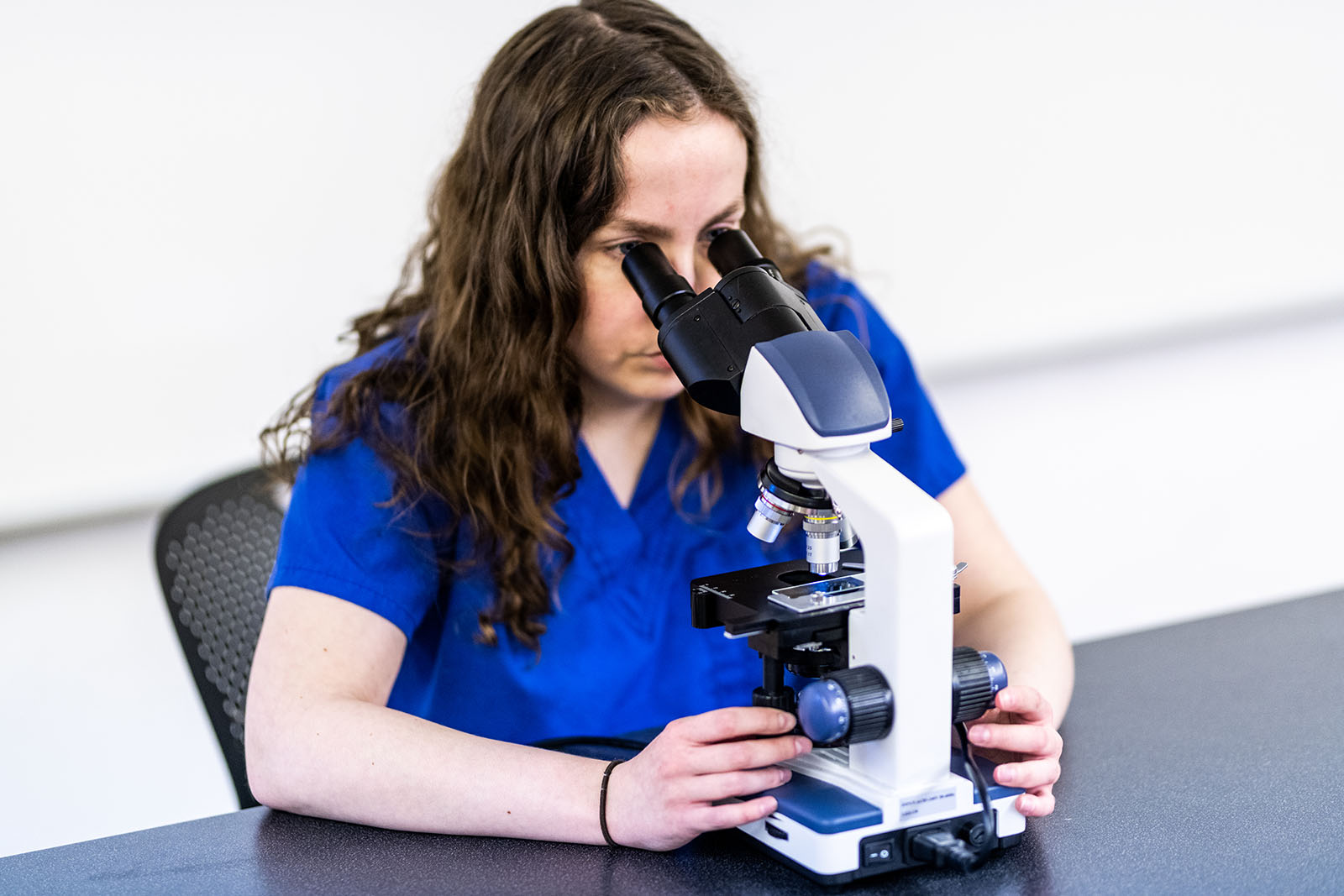
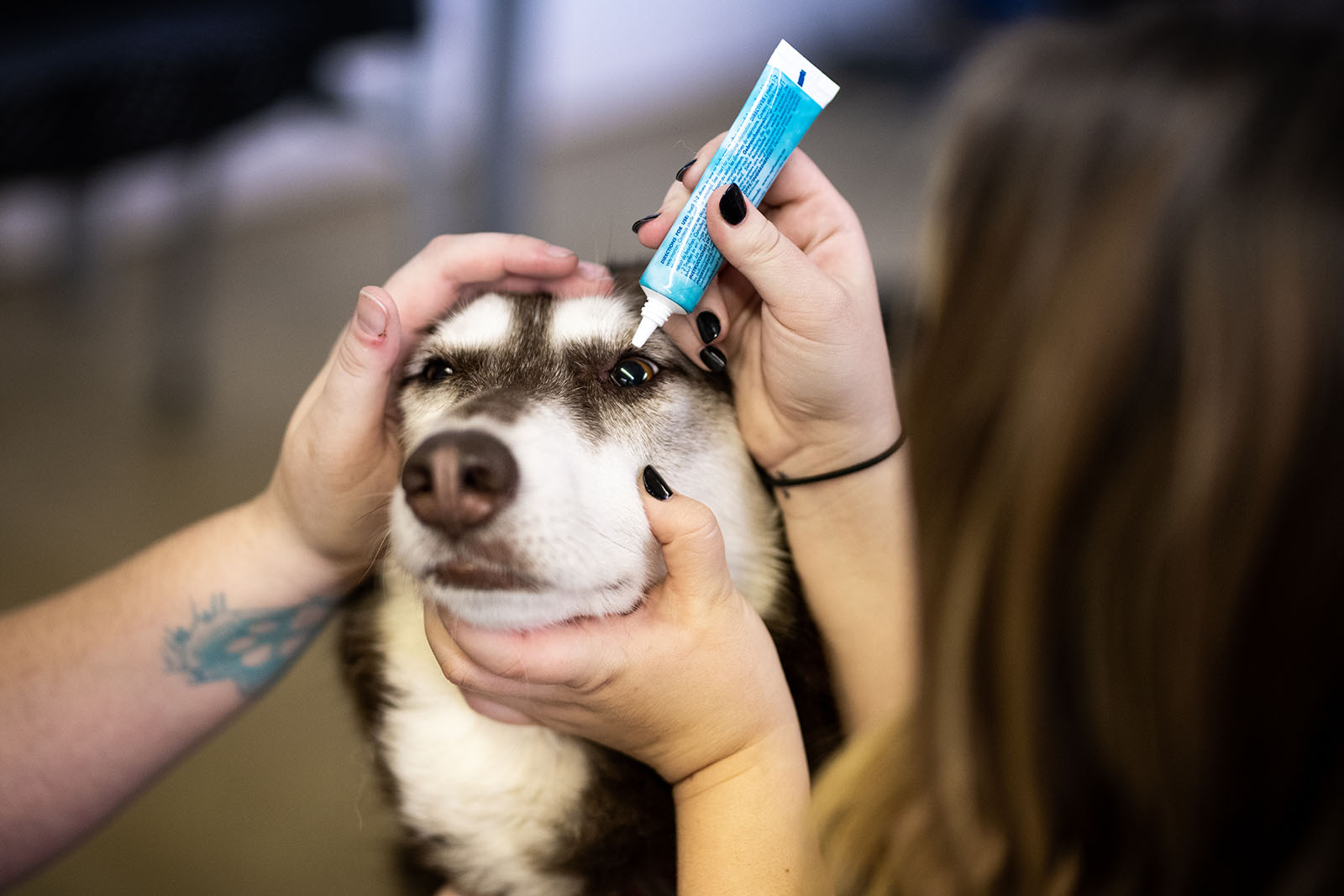
What You Will Learn
Develop a solid foundation in veterinary biomedical technology so you can work as a veterinary technician, practice manager or veterinary assistant. You may also continue your education to specialize in areas like anesthesiology or emergency and critical care.
Courses to Prepare You for Your Career
- Core courses include Veterinary Medical Terminology, Professional Communications, and Ethics and Humane Treatment and Handling of Animals.
- Supporting courses include Clinical Veterinary Nutrition and Veterinary Anatomy and Physiology.
- Other important courses cover pharmaceutical calculations for veterinary technicians, clinical pathology and parasitology and entomology.
Organizations & Opportunities
Some organizations and opportunities you can get involved in include:
- Veterinary Science Society – The VSS is a club associated with the Veterinary Biomedical program, welcoming anyone with an interest in veterinary medicine. Meetings are student led, focusing on topics and labs regarding veterinary medicine.
- Externship Opportunities – Following the students first year in the Veterinary Biomedical Technology program, summer externships opportunities are a part of the curriculum. During these externships they are under the supervision of licensed veterinary technicians and veterinarians, applying their classroom knowledge in a practical setting by interacting with clients and their pets.
- Fear Free Certification – Veterinary Biomedical Technology students will gain their fear free certification, providing knowledge and training on how to best handle animals with the least amount of fear. Fear free veterinary medicine aims to reduce the anxiety and stress of animals in a veterinary setting, making the overall experience for animals more enjoyable.
- Collegiate FFA

Undergraduate Program Costs
Program Costs
Tuition and fees for undergraduate students taking 12 credit hours are $4,212 for Texas residents and $9,108 for non-residents.



